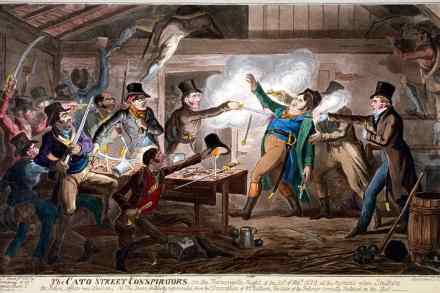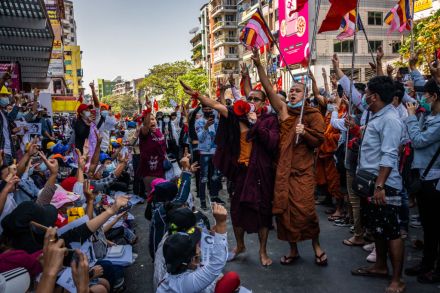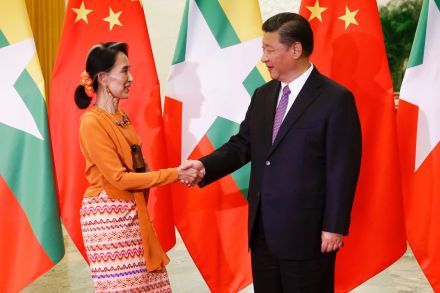A botched coup: the desperate Cato Street conspiracy
Almost half of the terrorists hadn’t even turned up. Still, on the night of 23 February 1820, 25 men, including a butcher, several shoemakers and a cabinet maker, met in a hayloft on Cato Street, just off the Edgware Road in central London. Led by the semi-respectable son of a tenant farmer, Arthur Thistlewood, their plan was to assassinate the prime minister Lord Liverpool and his cabinet, who were thought to be dining together at the Grosvenor Square mansion of Lord Harrowby, the president of the privy council. The butcher, James Ings, would decapitate everyone at the table, putting the severed heads of Lord Castlereagh and Viscount Sidmouth (foreign and




